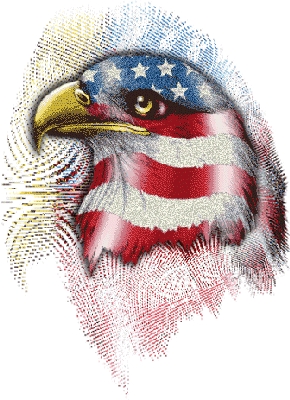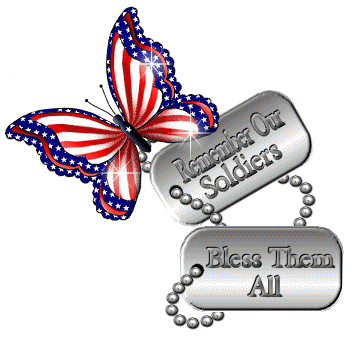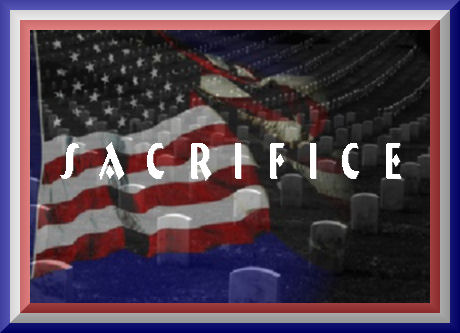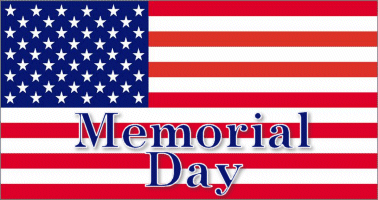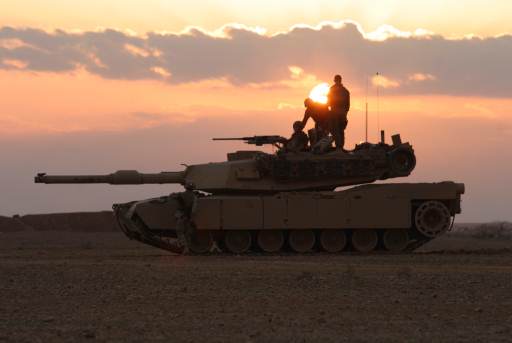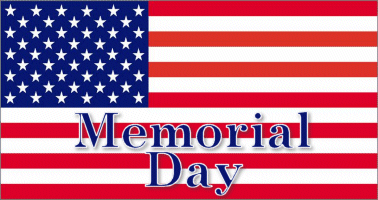
O Lord, as we celebrate Memorial Day, let me remember that if it was not for the brave people of yesterday, I would not stand free today. Life would not be a gift but, instead, a prison. Not everyone knows the freedoms of life, liberty, and happiness as I do. Today, I thank you, O mighty God, and I thank the heroes of America’s past. Help me to have the courage and bravery of my fellow Americans--past and present.
And so, my fellow Americans: ask not what your country can do for you--ask what you can do for your country. President John F. Kennedy, Inaugural Address
Honoring Our Nation’s HeroesFor countless Americans, Memorial Day, perhaps more than any federal holiday, hits closer to home. And now, more than ever. Nearly 2,500 service men and women have died in Iraq and Afghanistan, now in the third and fourth years of fighting in the global war on terror. A husband, a wife, a sister or brother. Each loss brings tremendous grief to the family and others left behind. But on this day, the nation collectively shares in that pain with them.
At Arlington Cemetery today, President Bush said, "All Americans who have known the loss and sadness of war, can know this -- the person they love and miss is honored and remembered by the United States of America."
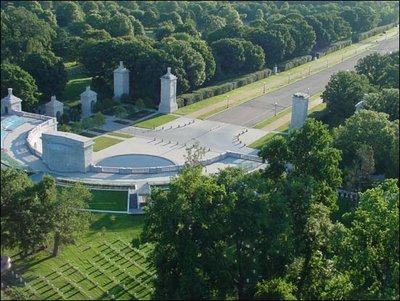
For many, Memorial Day is not just about reliving a painful loss, but about the healing that comes through recognizing America's fallen heroes.
Although the nation's military dead are buried at more than 100 national cemeteries in the country, and a dozen throughout Europe, the Philippines and Northern Africa -- Arlington Cemetery is perhaps the best known. It symbolizes the bravery with which these men and women fought, the commitment to their cause and the ultimate sacrifice: their lives.

Many say to have a loved one buried at Arlington helps ease the pain. Recently honored at the cemetery, Marine Sergeant James "Neil" Tyzc, who fought bravely in the Vietnam War.
Neil's older sister, Pat Kreisher, commented, "He said he belonged there. He believed in what he was fighting for, that I know."
One month after his 22nd birthday, Neil, along with three others, was killed in action when an enemy grenade exploded in his unit. Some in the team escaped, but Neil was among the four whose bodies were never recovered.
Neil’s brother, Phillip Tycz, said, "For the longest period, every time they would report the sighting of an American, you'd think, well, is that my brother? But after time, [you realize that] he's not coming back.”
But just this month, in a way, Neil did come back. Thirty-eight years after his death and the fall of Saigon, Neil and his brothers-in-arms were finally laid to rest. Their remains were located by Vietnamese villagers and confirmed by the U.S. military through DNA testing.
Phillip said, "I have my brother back, but we can memorialize him amongst ourselves. We still have to remember the men who have fallen and haven't been brought home, and the families like us that haven't received closure yet. Hopefully their day will come."
At Arlington, each branch of the armed forces is represented in burials there, along with a veteran from every war in which the country has fought, from the American Revolution and Civil War to Korea and Vietnam, to the Persian Gulf War and Iraq and Afghanistan.
For the 100 or so staffers who keep Arlington going with 27 funerals a day, 6,000 a year and about four million visitors annually, they say its their job to honor the soldiers, sailors, airman, marines and their families, not just on special day, but 365 days a year.
Arlington Historian Tom Sherwood commented, "But [Memorial Day] is also very different from most weekends, because if you drive through the cemetery, you'll see many, many more people visiting graves than on a normal weekend, because I think we're forced to stop and remember. And they come out. And you'll see a man or a woman with a folding chair sitting at the grave of their loved ones for hours."
Arlington Historian Tom Sherwood said, “You'll go down to where the casualties from Iraqi freedom and enduring freedom are buried, and you'll see a young man or a young woman kneeling in the graves. That's Memorial Day."

For the 290,000 veterans and family members buried here, their legacies live on. In a place that is as much for the nation's military heroes as it is for the loved ones they leave behind.
This year marks the 60th anniversary of the allied victory over Nazi Germany and the end of the World War II. Nearly 300,000 Americans died in that war, and thousands more died in conflicts since, from Vietnam to the current campaign in Iraq and Afghanistan.







